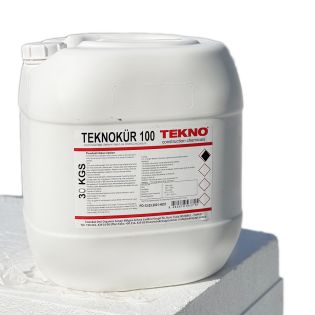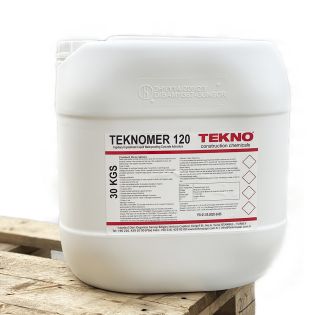Why concrete can crumble or crumble
Concrete is extremely popular as a structural material, it is used in industry, construction, as well as household repairs. However, over time, the monolithic structure begins to crumble, cracks, small crumbs and concrete dust appear on it. Today we will talk in more detail about why even fresh concrete collapses and how to avoid this phenomenon.
Causes of concrete shedding and crackingConcrete is a composite material that consists of cement, water, aggregate (usually crushed stone or sand) and sometimes additives.
It has high strength and durability, but under some circumstances it may start to crumble. One of the reasons for crumbling is the prolonged use and aging of concrete. Over time, the material may be exposed to water, frost, air, salts and other aggressive environmental factors, which leads to a gradual violation of the integrity of the structure.
Other reasons include:
- Insufficient strength: If the concrete does not have sufficient strength, it can easily collapse under load.
- Corrosion of reinforcement can lead to a decrease in the strength of concrete, as it serves to strengthen the structure of the structure. If the reinforcement rusts, it can expand and lead to cracks in the concrete.
- Mechanical damage, bumps, chips in contact with heavy objects.
How to increase the strength of concrete In order to improve performance, the following materials are used:
- toppinghardener
- plasticizer
- varnish for concrete
- membrane - forming deviceTopping is an additional layer that is applied to the upper surface of already hardened concrete in order to improve its quality and characteristics.
The main task of topping is to create a more durable, wear—resistant, durable and aesthetically attractive surface of a concrete floor or screed. Topping can be applied to the surface both immediately after pouring concrete, and after some time after the concrete has already hardened.The hardener can accelerate or slow down the process of concrete hardening, increase the strength and durability of the structure, as well as improve its water resistance, frost resistance and other characteristics.
Masters among the good hardeners call the impregnation of Teknoser Lityum — a substance that penetrates into the pores of the material and significantly improves performance.
Plasticizers are usually added during the mixing of the concrete mix and allow you to reduce the amount of water needed to achieve the desired consistency of concrete. They also improve the fluidity and distribution of concrete, increase its plasticity and help reduce the number of air bubbles in concrete.
Varnishes provide a protective coating, are applied to the surface of concrete in order to protect against damage and wear. Varnishes for concrete can be of different types, for example, polyurethane, epoxy and acrylic.
As you can see, the modern market offers a lot of tools to improve the quality of concrete, which can be selected for any intended use.



